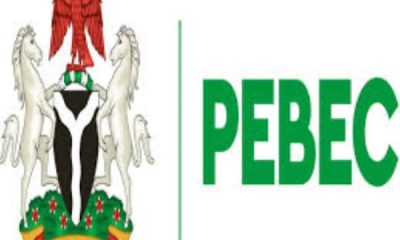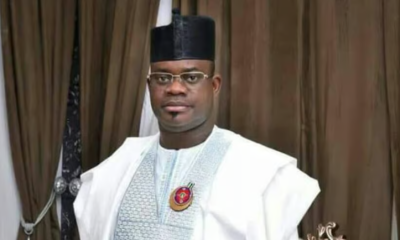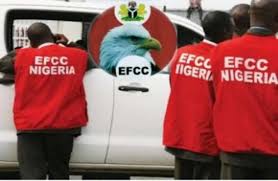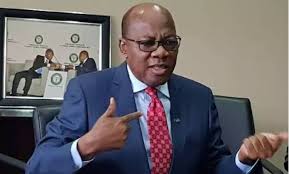Federal Government’s whistle blowing policy recently launched to increase exposure of financial crimes has generated lots of controversy in recent times, but it has also yielded results, resulting in the discovery of millions of foreign currencies and Naira stashed away in the most unimaginable places.
Through the help of a whistleblower, the EFCC discovered $9.8m and £74, 000 in a building owned by a former group managing director of the Nigeria National Petroleum Corporation (NNPC). By the same dint, it made a flurry of other cash discoveries – the latest being $43m, £27, 000 and N23m stashed away in a vulgar but famished house at Ikoyi, Lagos.
Inasmuch as a whistleblower stands to get, at most, five percent of any recovered loot he provided information on, he may be prosecuted if the information is false or malicious.
ALSO SEE: N14B Missing petrol: NNPC board recommends mandatory retirement for Ogbue, others
Some of the highlights include:
- A whistleblower is expected to provide information on any of these themes – mismanagement or misappropriation of public funds and assets (e.g. property and vehicles); financial malpractice or fraud; collecting/soliciting bribes; corruption; diversion of revenues; fraudulent and unapproved payments; splitting of contracts and procurement fraud (kickbacks and over-invoicing etc.).
- The policy does not apply to personal matters concerning private contracts or agreements.
- A whistleblower can submit information through an online portal on the ministry of finance website by email or by phone.
- A whistleblower may choose to remain anonymous while providing information. He is also entitled to protection. And if he suffers harassment, intimidation or victimisation for sharing the information restitution will be made.
- A whistleblower can also provide documentary evidence such as “what occurred, the amount involved, dates of the occurrence” on the portal.
- Information provided by the whistleblower will be reviewed and analysed to determine whether or not to open an investigation on the matter. And investigations will be confidential, objective and speedy.
ALSO SEE:Pastors, Imams to become whistle-blowers
- Criminal cases will be referred to the relevant agencies; Police, Independent Corrupt Practices Commission (ICPC) or the EFCC.
- A whistleblower is also entitled to financial reward. If there is a voluntary return of stolen or concealed public funds or assets on the account of the information provided, he may be entitled to anywhere between 2.5 percent (minimum) and 5.0 percent (maximum) of the total amount recovered. Also, he must have provided the government with information it did not already have and could not otherwise obtain from any other publicly available source to the government.
- If a whistle-blower gives false or misleading information, it will be referred to the enforcement agents for investigation and possible prosecution.
- A whistleblower will receive an acknowledgement immediately he submits the information. If an investigation is opened, the nature and complexity of the matters under investigation will dictate the time frame.


 Business6 days ago
Business6 days ago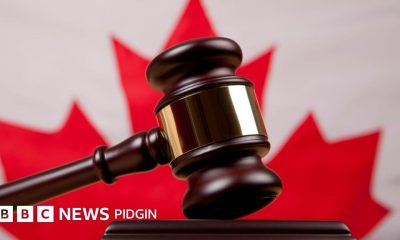
 Crime1 week ago
Crime1 week ago
 Latest1 week ago
Latest1 week ago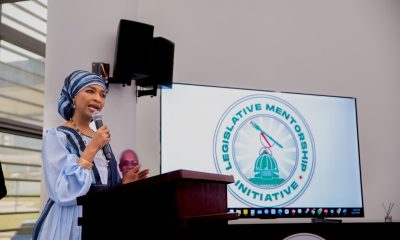
 Business1 week ago
Business1 week ago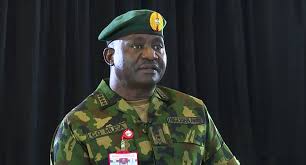
 Latest3 days ago
Latest3 days ago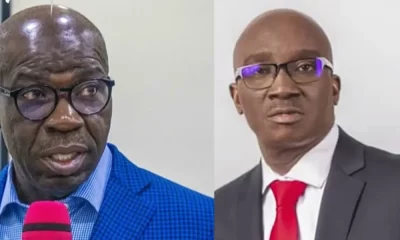
 Latest4 days ago
Latest4 days ago
 Politics1 week ago
Politics1 week ago
 Education1 week ago
Education1 week ago

